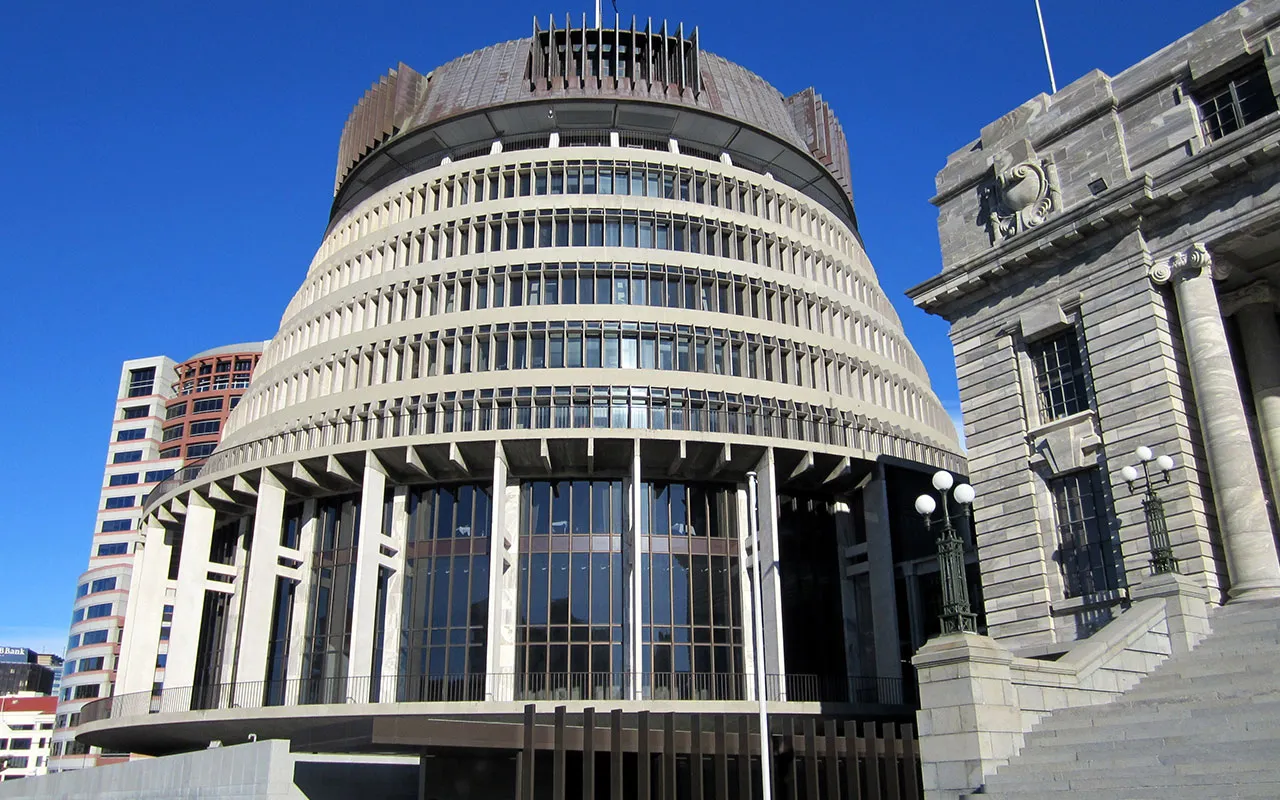Jacqui Van Der Kaay
Jacqui Van Der Kaay is a PhD student at Victoria University of Wellington. She is a former journalist, holds a Masters degree in Political Science from Victoria University of Wellington and has a specialist interest in political leadership, voter behaviour, immigration and how social media affects democracy.
Hot on the heels of the demotion of former police Minister Stuart Nash for breaching the Cabinet Manual, Radio New Zealand has revealed the close links between lobbyists and politicians- an area of New Zealand politics that is completely unregulated.
The evidence in Guyon Espiner’s series Mate, Comrade, Brother, the result of more than 70 Official Information Act requests, raises integrity questions for all New Zealand politicians when they are lobbied.
Espiner’s exposé will be alarming to many, particularly New Zealanders who may have believed former Prime Minister Jacinda Ardern and current Prime Minister Chris Hipkins’ assurances that the public has the same access to politicians as lobbyists, many of whom are former staffers, MPs or Ministers.
As Espiner states, most New Zealanders do not have Minister’s mobile numbers or an access card to parliament. There is no doubt the issue of lobbying deserves closer scrutiny and, as argued by Aotearoa Health Coalition, much stricter control.
To date, the debate has been firmly focused on the lobbyists and their firms, not those who are being lobbied – the politicians. This exposé does, however, raise the question of the responsibility New Zealand elected representatives have when they are subject to lobbying.
When voting for its representatives, the New Zealand public expects politicians to represent their interests, not their own, and certainly not that of lobbyists who, in many cases, are lobbying for the interests of large corporations.
Yet, so far, those who are being lobbied have remained remarkably quiet on the topic. The Prime Minister has stated that members of the public have the same access as the lobbyists, an argument that in the words of Espiner is “frankly crap”.
The RNZ investigation has shown that not only politicians but also their key advisors are lobbied. Staffers are invited to functions with some of the businesses – come and chat over a beer when Asahi is in town, for example. So, the advisors are not playing the role of gatekeeper here.
So, who is ensuring that the voices of the New Zealand public are top of mind for the country’s elected representatives?
Governments are guided by rules and guidelines. For Ministers, there is a rule book – The Cabinet Manual which states:
In a democracy, everyone has the right to make representations to Ministers on matters that concern them. Ministers will receive a large number of requests for meetings with people and organisations seeking either to influence government policy, or to position themselves for providing services.
It is a valid and appropriate aspect of a Minister’s role to engage with representatives of non-government and commercial organisations. Care should be taken, however, to avoid creating a perception that representatives or lobbyists from any one organisation or group enjoy an unfair advantage with the government. (Emphasis added)
Members of Parliament are also governed by a Code of Conduct, which was introduced following the Francis review in 2019. The code is predominantly focused on behavioural issues such as bullying. It does, however, include a commitment for MPs to “Use our position of power or influence to help others, and avoid harm”.
More than ten years ago, the Green Party introduced the Lobbying Disclosure Bill which didn’t gain enough support to pass into law. However, at the time most of the submissions made on the bill supported its intent to enhance “trust in the integrity and impartiality of democracy and political decision-making by bringing more transparency to political lobbying” (Government Administration Committee, 2013).
As many commentators have pointed out this week, it seems unlikely that the politicians themselves are going to push hard for legislative change in this area. So, until, or indeed if they do, the New Zealand public is reliant on politicians themselves to act with integrity when dealing with lobbyists.










